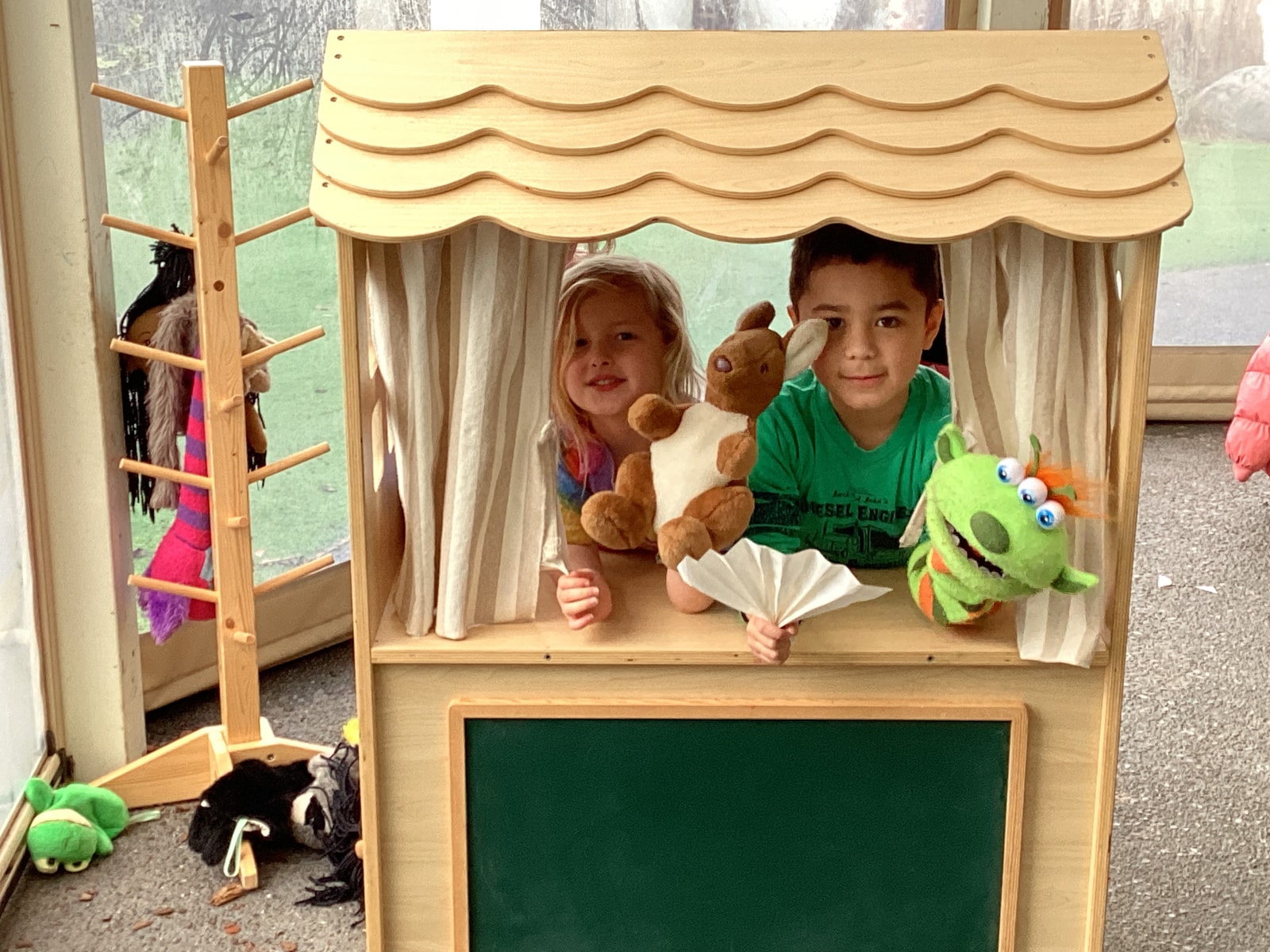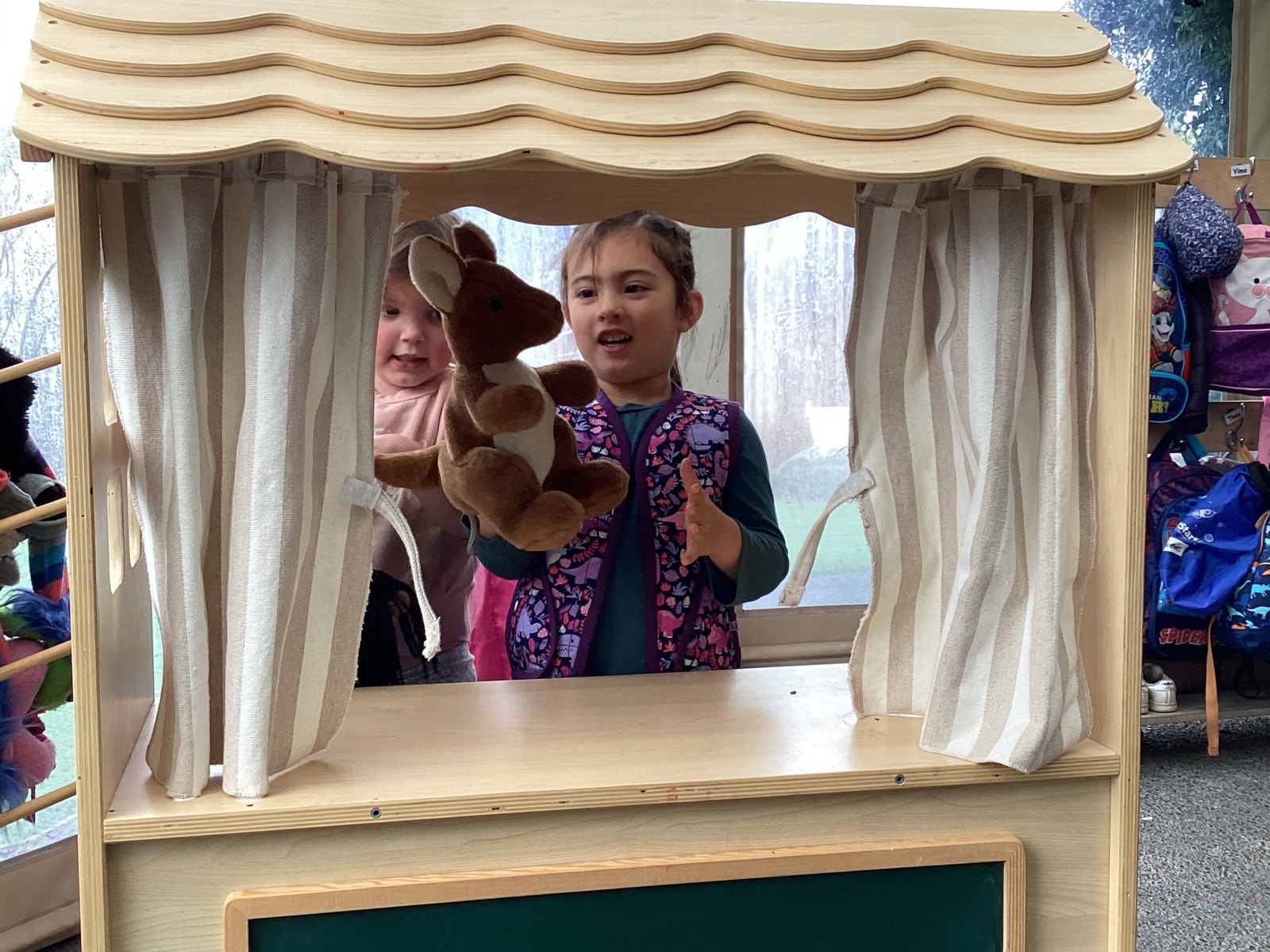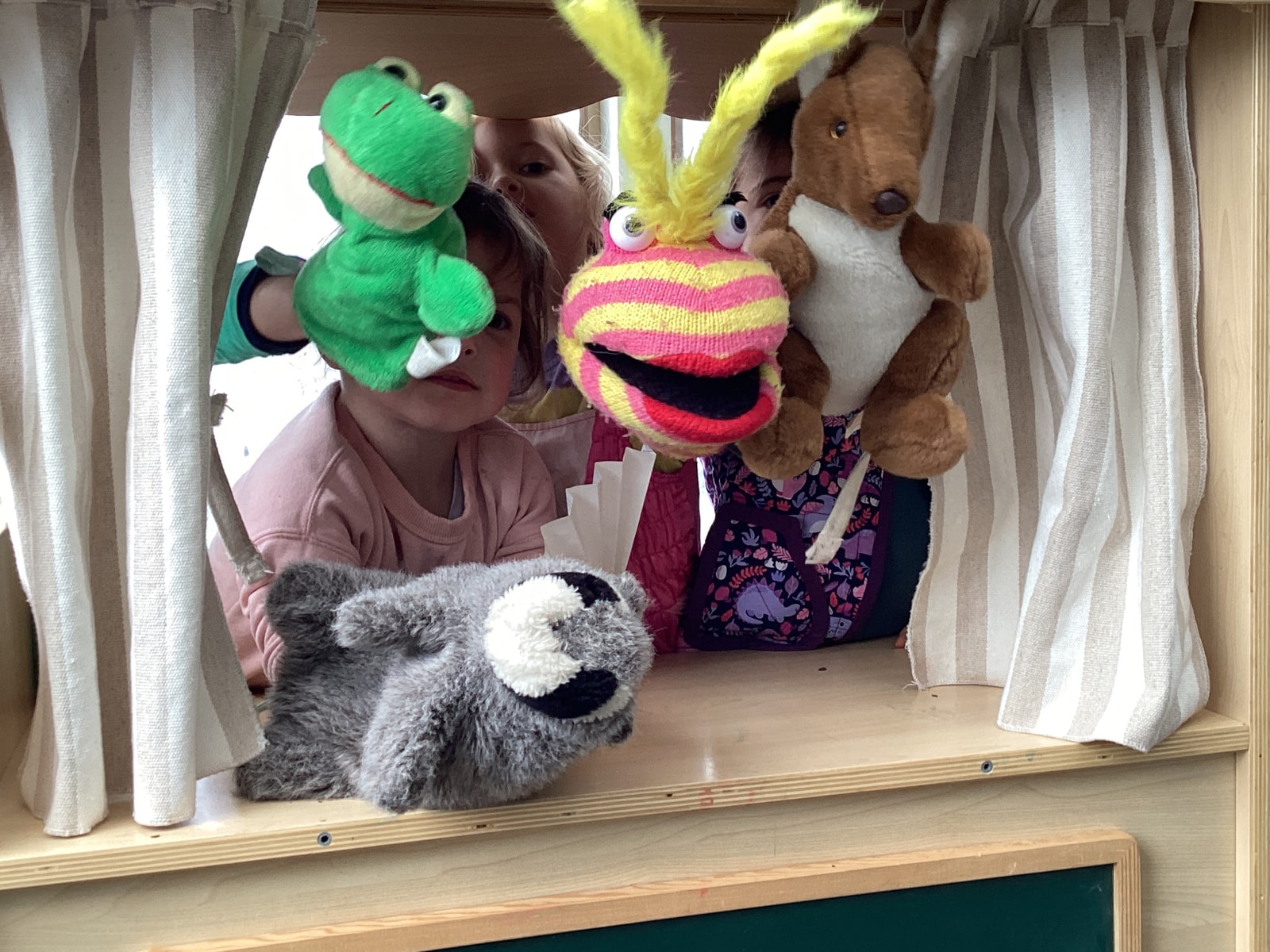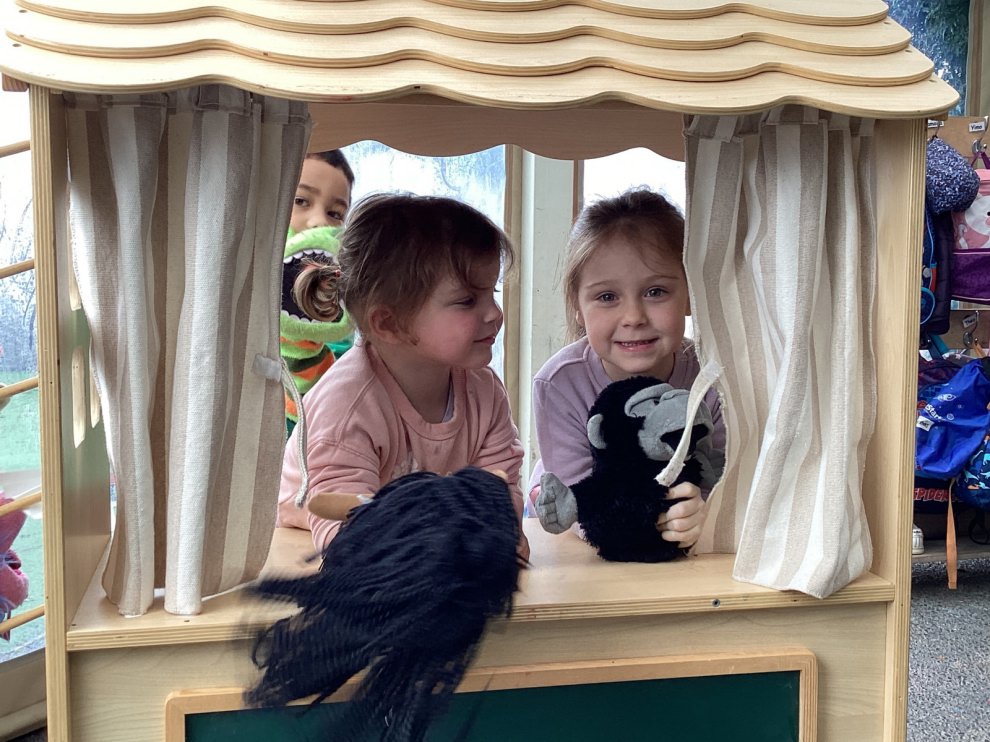LATEST STORIES
What can we learn from Puppets?
One of the main advantages of using puppets in teaching is that it can help tamariki develop their social skills. Often when introduced to a puppet, tamariki see it as their friend, learning and engaging in social activities through the use of the puppet. Examples of this would be a child engaging in pretend play with the puppet to host a tea party. In doing so, tamariki may practise their manners, offer the puppet a drink, and have a pretend conversation with them. Whilst this may seem like simple play times, it genuinely can help children to build confidence through their social skills, which can then be translated to real-life social interactions.
This can be useful in the classroom because it can encourage children to build confidence to interact with different people, which is a skill that can be used throughout their whole lives. Puppet play in the classroom is also a great tool for encouraging emotional development. One of the main factors highlighted is that puppets can encourage emotional development, irrelevant of the language used. This means that tamariki from different backgrounds, countries, and beliefs can learn to understand each other's emotions through the use of a puppet. What’s more, puppets can also act as a tool for tamariki to portray their emotions to teachers when they are struggling. Some tamariki are not always as confident as others, such as those who struggle with communication due to learning difficulties. Therefore, utilising a puppet may help them to portray their emotions to a teacher so that they can get extra support.
Another advantage of using puppets in the classroom during teaching is that they can help tamariki enhance their fine motor skills. This is particularly effective with finger puppets because children are able to use their small fingers to play with the puppets and portray the characters. This helps to enhance children’s fine motor skills and their ability to bend, grip, and manoeuvre their fingers. This is significant because developing motor skills can be translated into holding a pencil when learning to write or using a ruler to measure. Motor skills are an important aspect of a child’s development
Utilising puppets in classrooms is also a good way to enhance creativity in the classroom. This is because teachers can get tamariki involved by creating their own puppets using crafting materials. This is beneficial to tamariki because they learn a whole new skill set before even interacting with the puppet, ranging from gluing materials to using scissors. These crafting skills are great to develop because they can be utilised in further education and potential future job roles. By using different materials, children learn colours and textures as well as how to problem-solve as they create their designs. On a simple level, it is a lot of fun for tamariki too.






